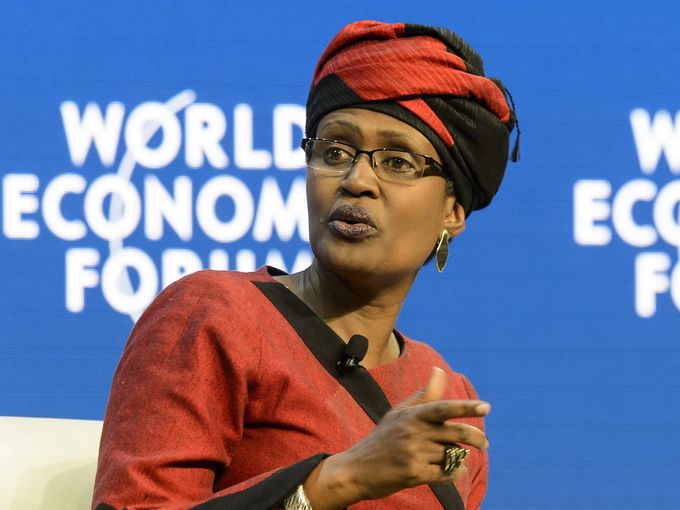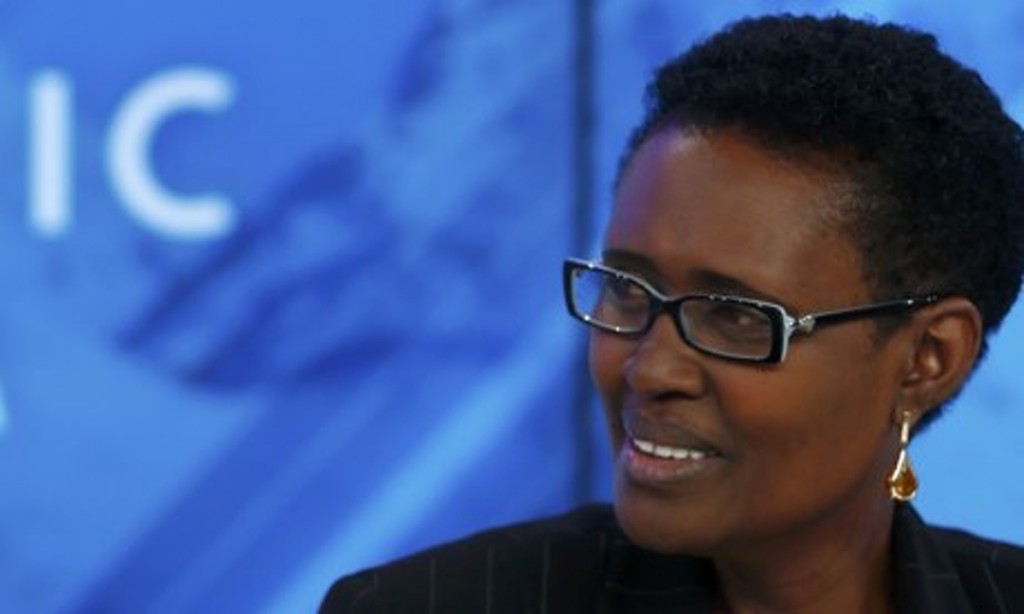Oxfam International Executive Director Winnie Byanyima says she is “honored” at her appointment by United Nations Secretary-General Ban Ki-Moon to the first-ever High-Level Panel on Women’s Economic Empowerment.
The Panel seeks to “mobilize concrete actions aimed at closing economic gender gaps that persist around the world”. It will provide guidance to implement the 2030 Agenda for Sustainable Development to improve economic outcomes for women and promote women’s leadership in driving sustainable and inclusive, environmentally sensitive economic growth.
The panel will be co-chaired by the President of Costa Rica, Luis Guillermo Solis, and the CEO of IKEA Switzerland, Simona Scarpaleggia. Oxfam welcomes the leadership shown by UN Women, the UK Government and the World Bank in convening the panel.
Winnie Byanyima said: “I am honored to serve on this ground-breaking panel and to bring Oxfam’s vision and leadership on economic development and gender equality to the fore.
“Just over 20 years ago in Beijing I was involved in setting the global agenda on gender equality and women’s empowerment. More recently, the Sustainable Development Goals have women’s rights at the heart of development issues. Our ambition for gender equality is crystal clear – we now must work to achieve it.
“I am determined that the UN High-Level Panel will lead the charge towards women’s economic empowerment. It is time that the concerns of women living in poverty around the world are taken into real account. The power of women’s rights movements particularly in the South has been, and must continue to be, the driving force for change.
“Women’s economic empowerment is not limited to decent employment and income for women. It requires removing barriers in the market and public institutions to redistribute women’s unpaid care, deliver women’s security and agency, recognizing that social norms primarily limit what is considered women’s work and their role in society.”
Oxfam works on women’s economic empowerment in over 40 countries on a range of multi-country programs.
These programs are predominately focused on achieving economic empowerment for rural women. Oxfam applies a ‘dual approach’ that seeks to both create better livelihood opportunities and remove the structural barriers that limit women’s economic choices and erode their rights.
Oxfam’s WE-Care program on unpaid care work is one example that illustrates our dual approach to economic and social development .This program supports women’s organizations to gain recognition of women’s unequal care work, demands their rights and co-creates new solutions with governments and the private sector on how to reduce and redistribute women’s unpaid care work.
Our influencing work with public and private actors seeks to challenge the structural barriers to women’s economic inequality. This includes engaging a number of global food companies and governments to recognize women farmers’ investment needs, including the structural barriers they face.
Three years ago through our Behind the Brands campaign, Oxfam challenged the cocoa sector to take specific measures to strengthen the rights of women cocoa farmers. Within months, the sector listened and made significant commitments to address women’s empowerment at the farm level. And in 2014, DFID and Oxfam organized a roundtable with a range of organizations, discussing issues from women’s land rights in Kenya through to social norms that limit women farmers in Ethiopia, concluding on the step change in investment required.
Oxfam is also challenging the causes of extreme economic inequality, the negative effects of which harm women the most. Oxfam deploys a range of programs to enable women’s economic empowerment, as the context dictates.


